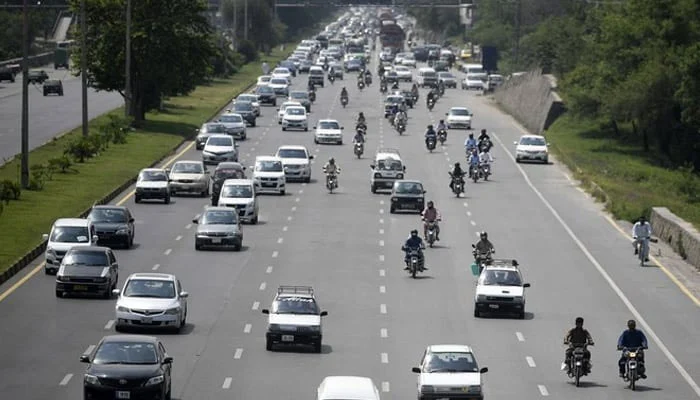
Pakistan continues to struggle with one of the highest rates of road traffic accidents in South Asia. According to the Pakistan Bureau of Statistics, over 30,000 road accidents are reported annually, resulting in nearly 6,000 deaths and leaving countless others injured. Provinces such as Punjab, Sindh, and Khyber Pakhtunkhwa are the most affected, with major cities like Karachi, Lahore, and Islamabad reporting the highest numbers.
The human cost of these accidents is devastating. Abbas, a 24-year-old from Qambar, Swat, was paralyzed following a motorbike accident in 2018. Reflecting on his ordeal, he shared, “I remember lying there, unable to feel my body.
Also Read: Anti-Encroachment Drive in Bara Bazaar Gains Momentum Amidst Mixed Reactions
The doctors told me I would never walk again. But I refused to give up. Despite my challenges, I completed my education.” Now confined to a wheelchair, Abbas is an advocate for road safety, urging bikers to prioritize safety measures.
For some, the loss is beyond repair. Rumina Khan, a survivor of a tragic crash on the Swat Motorway, recounted the day she lost her 5-month-old daughter. “The car tire burst, causing us to crash. The airbags didn’t deploy, and my baby didn’t survive,” she said, her grief still raw.
In 2023, Pakistan reported approximately 11,000 traffic fatalities, with motorbikes and small vehicles involved in over 70% of the accidents. Young people between 18 and 35 years old were the most affected, both as victims and offenders. These alarming statistics underline the urgent need for stricter traffic law enforcement and youth-targeted awareness campaigns.
Historical data shows a consistent pattern of high casualties:
Poor road conditions and weak enforcement of laws continue to exacerbate the crisis.
Unfit vehicles are a significant factor in Pakistan's road accidents. Vehicle expert Suneel Munj highlighted the poor quality of locally manufactured vehicles and the lack of safety checks. “There’s no regulatory body to ensure vehicles meet safety standards before hitting the roads. This neglect costs lives,” he stated.
Former police inspector general Syed Kaleem Imam pointed to systemic issues, such as weak traffic enforcement and untrained officers. “Road safety isn’t just about infrastructure; it’s about discipline, training, and accountability,” he explained.
The World Health Organization (WHO) reports that road traffic crashes claim 1.35 million lives globally each year, with 93% of fatalities occurring in low- and middle-income countries. In Pakistan, road traffic accidents result in 14.3 deaths per 100,000 people, making it a critical public health issue.
Pakistan has pledged to reduce traffic fatalities by 50% by 2030 under the UN Sustainable Development Goals (SDGs). Achieving this target requires:
Road safety in Pakistan is not just a transportation issue—it is a public health crisis. Without immediate and coordinated efforts, the number of lives lost will continue to rise, leaving families and communities in despair.